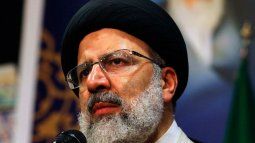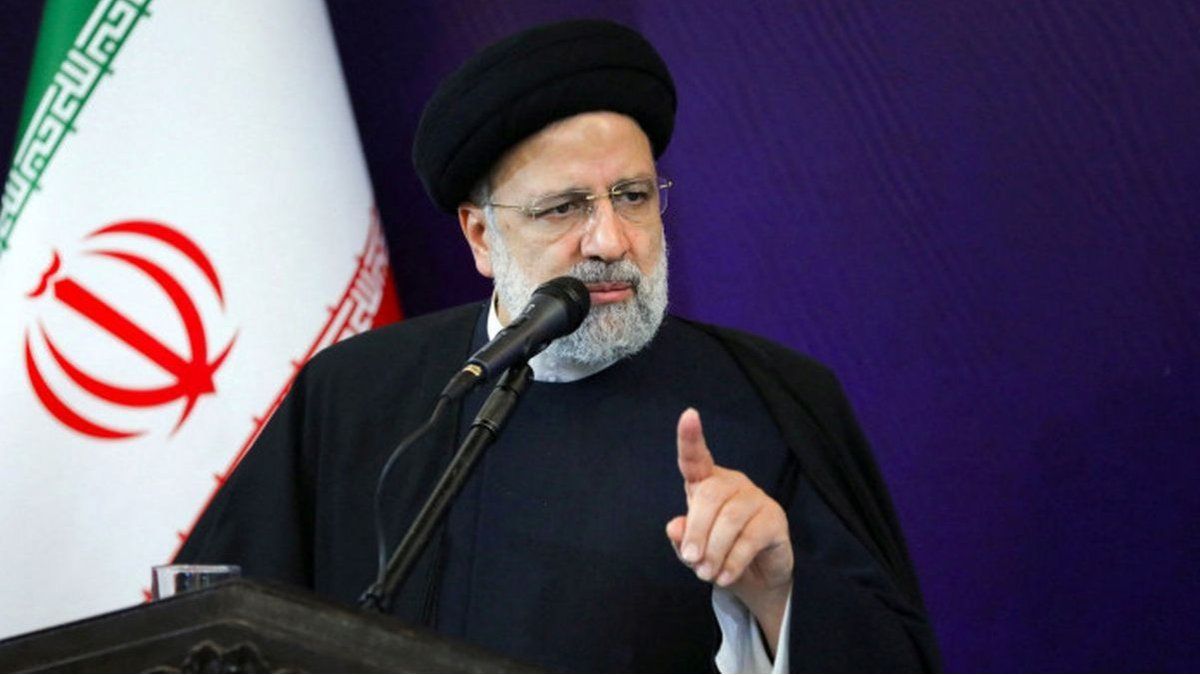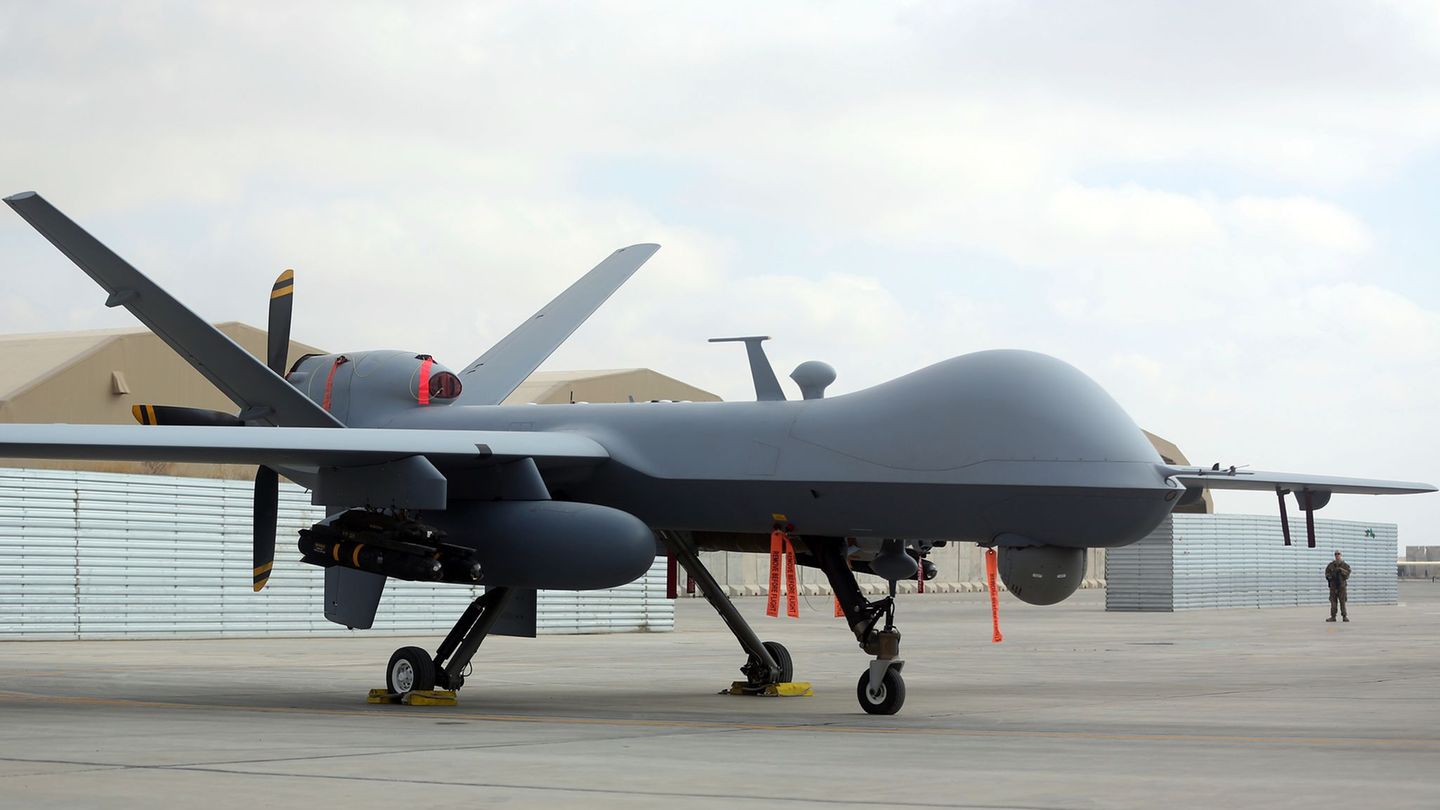A new stage is opening in the Middle East, with a new distribution of power in the Iranian regime.
The involvement of different actors both inside and outside Iran suggests that various groups could benefit or be involved in his death.
The death of Iranian President Ebrahim Raisi in a helicopter crash raised suspicions and theories that raise the possibility that this event was not a mere accident.
The content you want to access is exclusive to subscribers.
The involvement of different actors both inside and outside Iran suggests that various groups could benefit or be involved in his death.


Actors
Mojtaba Khamenei:
- Context: Mojtaba, son of Supreme Leader Ali Khamenei, is seen as a potential successor to his father. Raisi’s removal from the political scene eliminates a significant competitor, opening the way for Mojtaba to consolidate his position within the Iranian political establishment.
- Analysis: Given the importance of succession within the Iranian regime, Raisi’s death could be interpreted as a move to ensure a smooth transition of power to Mojtaba, especially considering the possibility that Raisi could have challenged this succession or altered the balance of power. internal power.
Factions within Iran:
- Revolutionary Guard and Military: There are known tensions between the presidency and Iran’s powerful military and security factions, including the Revolutionary Guard. Raisi, being a central figure in hardline politics and having a controversial record as head of the judiciary, could have generated enmities within these factions.
- Analysis: His death could benefit those within the system who seek greater consolidation of military power and less political interference in certain aggressive policies, both internal and external.
International Actors:
- Israel and the United States: Given Raisi’s role in escalating tensions with Israel and his defiant stance against US policies, his death could be seen as a favorable development by those in Israel and the US who prefer a less Iranian leader. confrontational.
- Analysis: While there is no direct evidence, these countries’ capabilities and track record in covert operations fuel theories that cannot be completely ruled out.
Russia and China:
- Context: Both countries have strengthened their ties with Iran as a counterweight to Western influence in the region. Iran’s possible realignment towards the West under US influence would be unfavorable to its strategic interests.
- Analysis: Keeping Iran within its sphere of influence could motivate actions to destabilize or eliminate key figures who favor such realignment.
Political Implications and Future of Iran:
Raisi’s death is likely to intensify internal power struggles in Iran, especially ahead of the 2025 presidential election. It will also affect the dynamics of Iran’s nuclear negotiations and international relations, particularly with Western powers and its regional neighbors. Uncertainty about Iran’s future direction is guaranteed, and the figure who eventually fills the void left by Raisi will play a crucial role in defining the country’s course in the coming years.
In short, the death of Ebrahim Raisi opens a chapter of uncertainty and speculation that will only be resolved as new details emerge and alliances and rivalries take shape within Iran’s complex political fabric.
Things as they are.
Philosopher and international analyst
Source: Ambito
David William is a talented author who has made a name for himself in the world of writing. He is a professional author who writes on a wide range of topics, from general interest to opinion news. David is currently working as a writer at 24 hours worlds where he brings his unique perspective and in-depth research to his articles, making them both informative and engaging.




